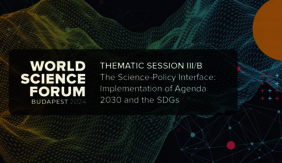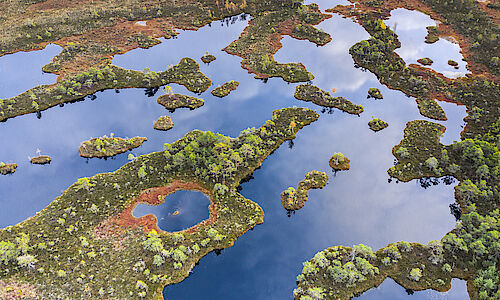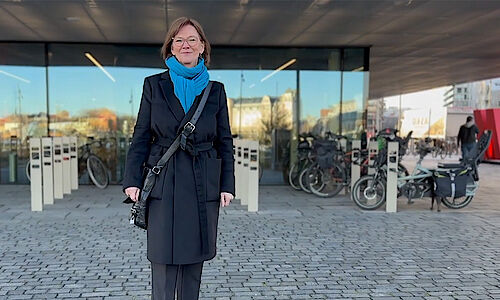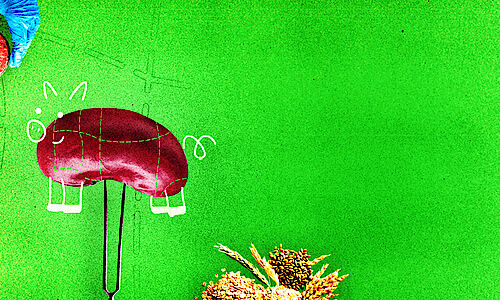News & Academies' activities
Science For Policy and Combating Climate Change Impacts
Social justice emerged during the session as an important ethical principle in policy advice as vulnerable populations often bear the brunt of climate change impacts, such as disruptions to food systems or the rise of new and neglected diseases. Incorporating social justice ensures that these groups are prioritized in evidence-based recommendations, fostering more equitable solutions.
The session also underscored the potential of knowledge co-production between science and traditional knowledge. While science offers global insights through climate modelling, local communities possess knowledge in adapting to environmental changes and preserving biodiversity. This symbiotic approach enriches both global and local responses to climate challenges.
Moreover, involving local communities and marginalized groups enhances society’s trust in science and its role in policymaking and strengthens the legitimacy and impact of evidence-based recommendations.
“Science is our tool for describing and predicting the impacts of climate change on health, agriculture, and biodiversity. This knowledge is indispensable for crafting effective policies to mitigate existing climate effects and prevent further harm. For tackling these challenges, enhancing trust in science in our societies is crucial, and to do so requires engagement with the public and inclusion of multiple perspectives and stakeholders”, said EASAC President Wim van Saarloos, who moderated the discussion.
The thematic session featured a keynote by Helena Nader, focusing on the critical recommendations by S20 academies, which is the G20's science and technology engagement group. As pointed out by Helena Nader, many of the S20 recommendations were taken up in the G20 Rio de Janeiro Leader’s Declaration. The keynote was followed by expert presentations highlighting key areas: Rosa Castro on health, Thomas Elmqvist on food security, and Zsolt Molnár on the value of traditional, indigenous, and local knowledge. The discussion at the end was also joined by Jason Jabbour.
back to overview
































